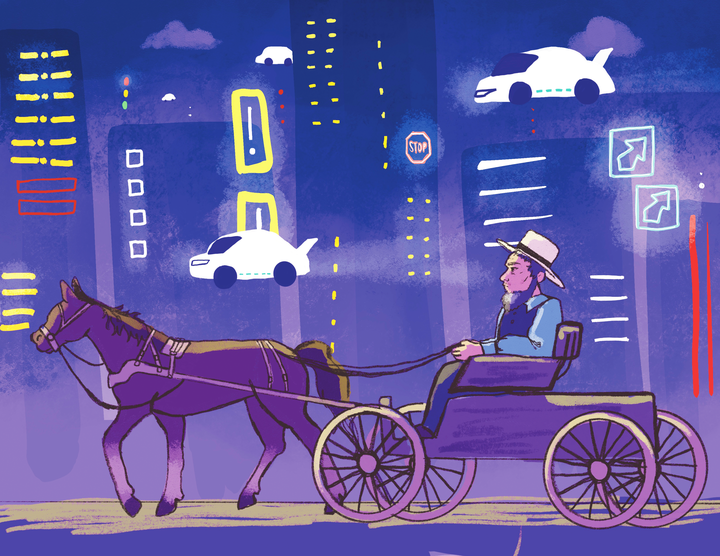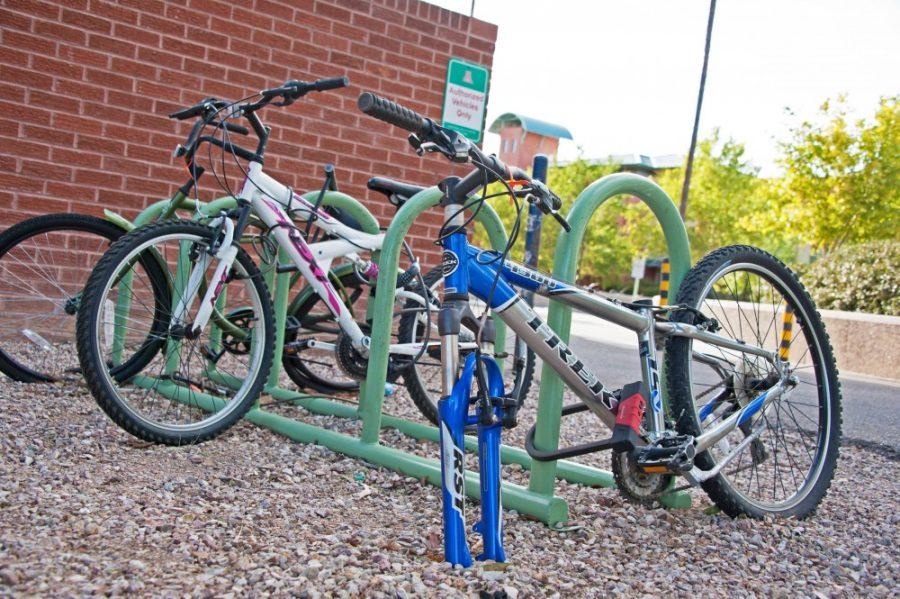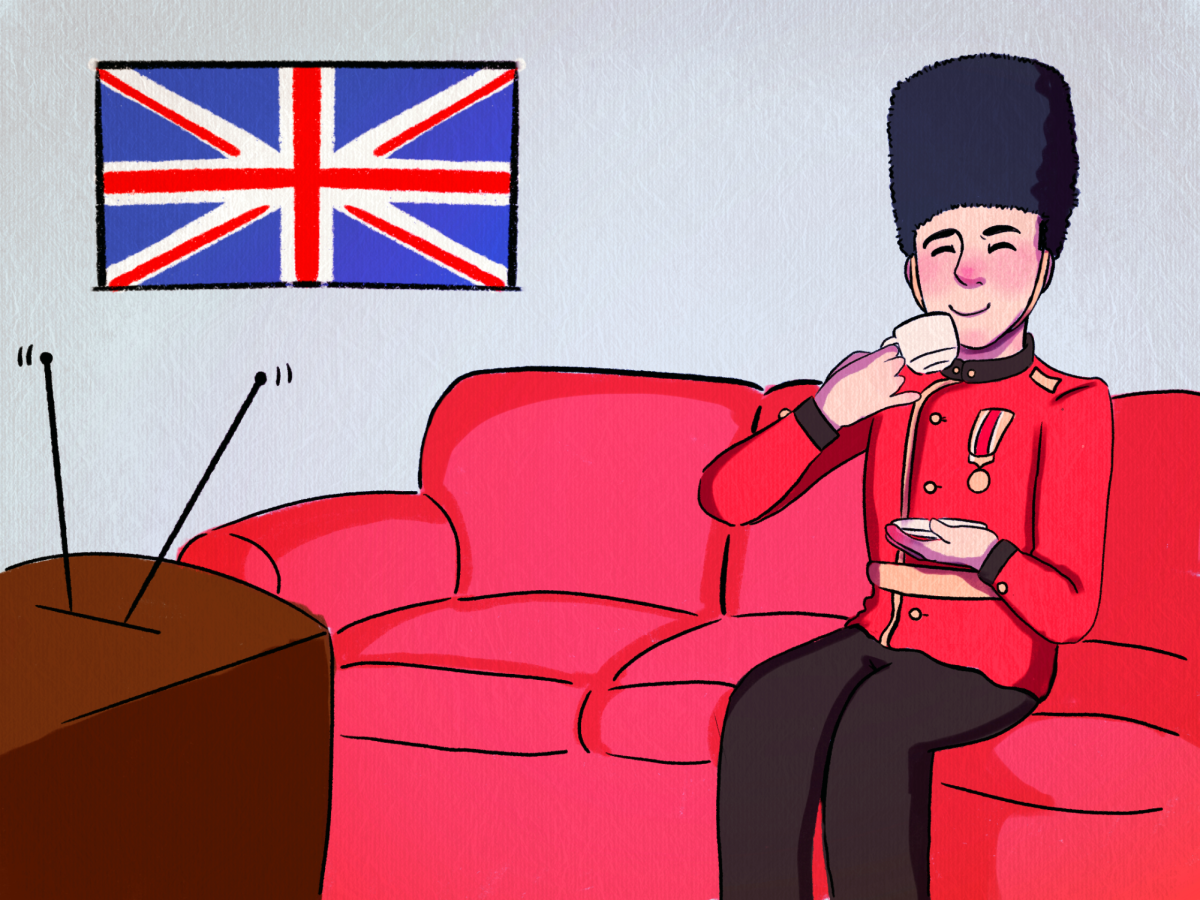Homecoming is arguably one of the best dances in high school.
The elation of finding the perfect dress; the irritation of others arriving in the same perfect dress; the butterflies taking flight as the boy you’ve been Facebook stalking for months asks you to dance; the bitterness that swarms as he asks your arch nemesis instead; the flashing lights, deafening music, inappropriate grinding, etc., etc., etc. Eventually, the dancing dwindles down and, for some, the events that follow are the most fondly remembered — that is unless gang-rape is involved.
A 15-year-old girl found the perfect, sparkly purple dress for Richmond High School’s Homecoming Dance in Northern California — but the color of her dress will not be what encompasses her thoughts when looking back on her Homecoming night.
She allegedly left the dance around 9 p.m. Her father was supposed to pick her up but a classmate invited her to go drink alcohol in the courtyard on the school’s campus. Purportedly, the girl drank a substantial amount of alcohol before she fell victim to rape, assault, robbery and ruthless passivity.
It was there, on Richmond High School’s property, in a place of learning, where security guards should have been patrolling the campus, that this girl was gang-raped for two and a half hours.
Such an act is heartbreakingly dehumanizing all on its own, but when gang-rape becomes a spectator sport, there are simply no words.
Police believe up to a dozen people watched as this 15-year-old girl was beaten and gang-raped. Instead of using their phones to call the police or an authoritative figure of any kind, many of the onlookers took pictures on their phones and made jokes, while others even opted to participate.
There have been multiple arrests, with charges including suspicion of rape, rape in concert with force and rape with a foreign object. But those that merely watched this inhumane savagery will likely not be charged with anything unless someone can prove they actively participated.
Those who could have stopped this abomination at anytime, by simply typing three digits into their cellular and pressing send, those who found entertainment and pleasure in a girl’s psychological demise, those who encouraged savagery with brutal passivity rather than reporting the atrocity taking place right before their eyes will not be punished.
Some may have feared that if others found out that they snitched or if they opted to get personally involved then there would be retaliation — an understandable concern, especially in an area like Richmond. However, while I recognize the potential danger, slipping away and making a call or even sending a simple text to your parents to call the police seems far too plausible and consequence-free.
This is an utter embarrassment to the state of California and the United States as a whole. While this is hardly the first instance of gang-rape this nation has witnessed, the publicity the occurrence has received sheds light on an overwhelming flaw which punctures the well-being of our country: an excess of cruel passivity accompanied by a lack of personal responsibility.
Though the inactive onlookers didn’t physically rape, assault or rob the girl, they are responsible for allowing the detestable crime to continue.
These idle bystanders bear odious resemblance to the infamous neighbors of Catherine “”Kitty”” Genovese. Genovese was stabbed to death outside of her home in Queens, N.Y., in 1964. Though her neighbors allegedly admitted to hearing screams and cries for help, not a single one complied in time to save her. This diffusion of responsibility in big numbers has since been dubbed the “”bystander effect.””
The lack of action on the part of onlookers was deplorable 45 years ago, yet stories like that of this 15-year-old girl serve as a reminder that civilization hasn’t evolved as much as some may think in the years since.
There will always be those abhorrent animals who thrive off the pain of others. But their presence only emphasizes the responsibility of those ethically inclined, ethically neutral or at least those who have the capacity to feel.
That girl could have been your sister, your mother, your daughter, your aunt, your best friend or just some poor, unfortunate girl who landed in a revolting situation — or it could have been you. The fact is, it shouldn’t matter who it is.
Regardless of who the victims of such atrocities are, where they’re from, what they’ve done or where they’ve been, no one deserves what that 15-year-old girl experienced or what she will have to endure for the remainder of her life.
It is everyone’s responsibility to take action. Don’t assume anyone else is going to do it for you, regardless of how many bystanders are nearby.
There should not have to be a law requiring humans to act humane. Laws and law enforcement can only go so far. People must accept personal responsibility and take action.
There’s no such thing as an “”innocent bystander.””
— Rachel Leavitt is a creative writing sophomore. She can be reached at letters@wildcat.arizona.edu








